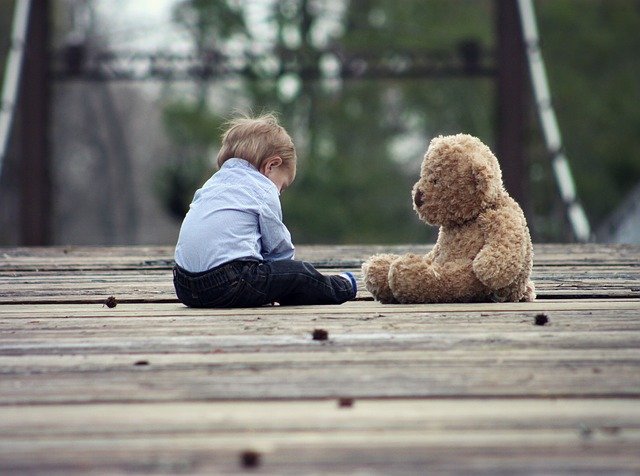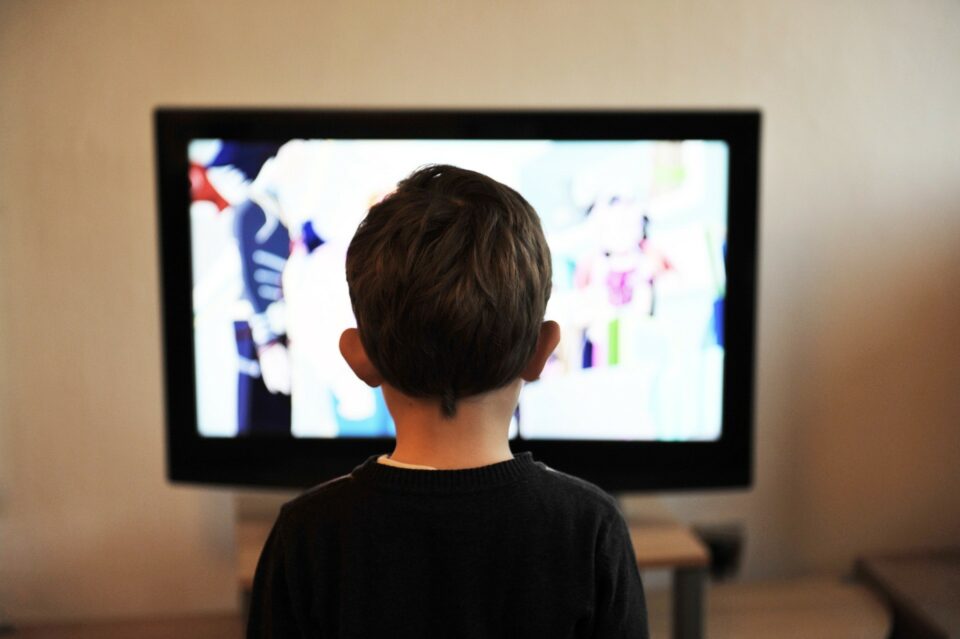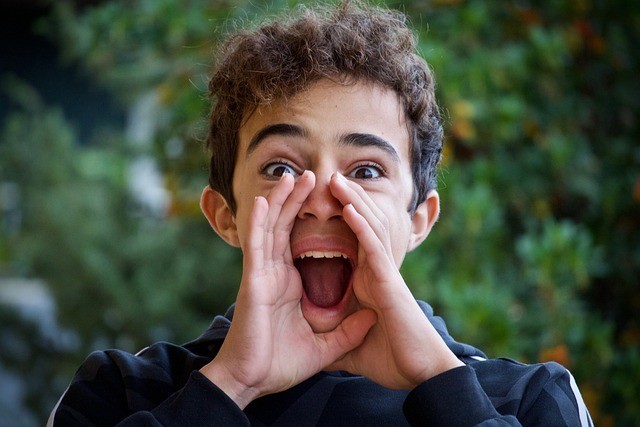Empathy is a vital skill in life. It is something which allows you to respond to another person’s situation, feelings, or problems with care. Put simply empathy, allows you to imagine how it would be to walk a mile in that person’s shoes and therefore do whatever you can to help, or simply to lend an ear and listen.
Children are in the process of learning about sharing and listening, but it’s completely possible to help them to learn and develop empathy from a very young age too. By doing so, your child is far more likely to be grow up to be caring, a good listener, and someone who you basically want on your side.
Why is Empathy Important?
A lack of empathy can lead to negative outcomes and situations. A person who has very little empathy will find it extremely difficult to nurture close and supportive relationships in their life. The reason is because every relationship in life is two-way. You can’t expect to receive empathy if you don’t show it.
Teaching your child about empathy is therefore key. However, this is also a very difficult and sometimes complex situation to work through when your child is so young.
When your child is able to show empathy to another person they not only realise that they are an individual in their own right, but they also recognise the fact that those around them are equally as individual. This helps to develop a sense of self, at the same time as nurturing empathy for other people. This also helps your child to realise that if they feel one way, it doesn’t mean everyone else around them feels the same way; again, understanding that other people experience life differently is a key factor in their development. Empathy also teaches your child about emotions and that it’s normal to feel different ways about different things.
Of course, the main benefit of teaching your child empathy is that, over time, they will be able to identify the emotions that other people may be experiencing and understand how to respond in kind, e.g. if someone is sad, giving them a hug or offering a toy for them to play with.
Throughout life empathy is a key still, so teaching it early cements it firmly into your child’s development and also helps them to make long-lasting friendships as they start school.
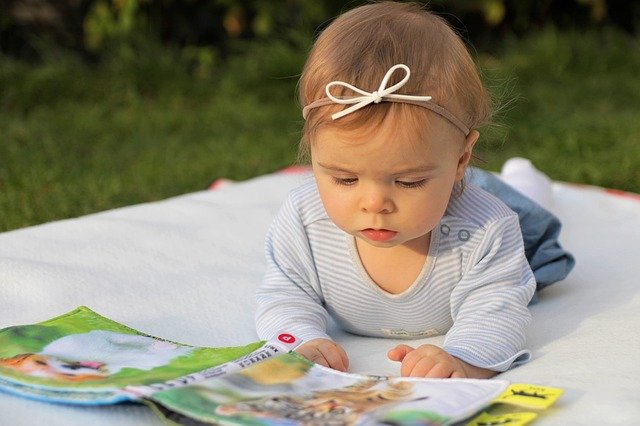
Helping Your Child Develop Empathy
It’s all very well and good knowing that empathy is important, but how can begin to nurture empathy in your child and help them to develop as a result?
This is a slow process and one which will need to be ongoing. By doing so, you’re sure to see greater results over time. Try these suggestions.
Explore Emotions
Empathy is all about recognising and responding to the emotions of others, but first you need to recognise emotions in yourself. When your child is obviously feeling a certain way, e.g. scared or sad, you need to be an example and show them that you recognise that emotion in them and respond accordingly.
For example, if there is a storm raging outside and the thunder is quite loud, your child is likely to be a little scared of the loud noises and flashing from the lightening. Rather than making a flippant remark about the weather, let your child know that you understand that they’re feeling scared. Because your chid is just learning about empathy at this stage, you need to spell it out to them and be direct. You should say “Does the thunder noise make you feel scared?” That shows your child that you recognise and understand the emotion they’re feeling and what is causing it.
You then need to respond. You can’t just acknowledge the emotion and not do anything about it, as that isn’t showing empathy. Instead, you need to help your child with the emotion they’re feeling. “Don’t worry, let’s sit together on the sofa and read a book until it passes”. By doing that, you’re showing your child that you’re empathising with their fear and that you’re doing something to ease it.
It’s not all about showing your chid that you recognise their feelings however, because by only doing that you’re teaching them that the world is all about them and that nobody else has emotions. It’s important to explore and talk about the feelings of others too. For example, if your child has a bigger sister and they’re feeling a little ill that day, you could say to your younger child, “Sally isn’t feeling very well today, she all we make her some soup and take it up to her room for her? It might make her feel better”. By doing that, you’re talking about Sally’s emotions and you’re doing something to help her.
Exploring your child’s emotions and the emotions of those around them is a key way to start nurturing empathy in your child but also a way to show your child that talking about how they feel is completely okay and acceptable.
Make Sure That You’re Showing Empathy
Children learn by copying, so you need to be the one they look to for guidance. You need to show empathy to your child and those around you too, and your child will see that nd recognise what you’re doing, the more they start to understand about emotions and what empathy actually is.
This means you need to act as a role model in all the relationships you have. Show respect to others and your child will see this and follow suit. Interact with clarity and kindness and again, your child will learn to do the same thing. You can’t expect your child to act one way and allow yourself to act another. If you want to teach empathy, you need to show it to everyone around you too.
Use Your Child’s Toys to Display Empathy
When your child is playing with their stuffed animal, their dolls or their figurines, you could join in and stage a role play which teaches your child about emotions and how to handle them in other people. This is a good way to teach your child without them actually understanding that they’re learning, it’s a far more effective way and one which they’re likely to carry on when they’re playing with their toys alone.
You could take a stuffed animal toy and ask your child what they think the animal might be feeling. Are they happy today? Do they feel sad? Are they angry that the other toys are playing somewhere else? Then, once your child has told you what they think the toy is feeling, you can explore together what you can do to make the feel better. So, if your child tells you that the animal is feeling sad today because it’s raining, ask what you think would make them feel better. Help your child come up with something suitable, such as playing a game inside with their friends to forget about the rain, etc.
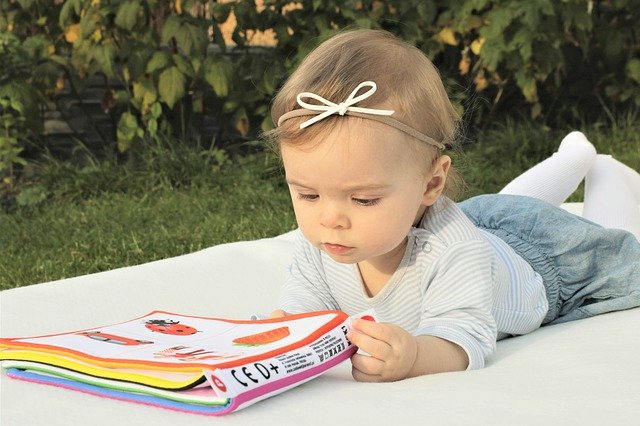
Remember That it Takes Time
Empathy is a skill which needs to be developed over time and it’s likely that your child won’t understand it straightaway. Sometimes they will show empathy very clearly and you might feel like you’ve mastered it, but then they won’t show empathy at all in a situation that requires it. Children learn slowly, over time, and as long as you’re acting as a role model and encouraging them to talk about feelings, exploring the feelings of others with them through play and discussion, rest assured that empathy will come.
If your child constantly shows a lack of empathy even though you’re actively trying to teach them what empathy is, you could point this out after a while. If they do something and it shows zero empathy, as them what they think they could have done better. Children learn by mistakes too and as long as you’re pointing these things out in a blame-free way, with learning as the key aim, you’re doing nothing detrimental to their development.
However, it’s also important to recognise that empathy is something which even adults struggle with sometimes! Your child is human and still learning, so don’t expect them to pick it up straightaway.
Developmental Milestones Related to Empathy
Children have several milestones related to their social, mental, emotional, and physical development. As you help your child to develop empathy, it’s also important to understand the specific parts of their development which relate to empathy and their social and emotional development overall.
As your child is born, they will develop their strongest bond with their parents. This creates a sense of acceptance, love and trust in other people. This first milestone is of course the most important because it sets the scene for the rest of your child’s development as they grow and learn. Showing your child plenty of love and affection is vital. This teaches them that they are safe and loved in their family home.
However, as your child hits the 6 month mark, they start to notice what is going on around them and the situations they’re encountering. You may notice that your child looks to you a lot and watches you carefully when something is going on. If someone knocks at the door, your child will probably watch the situation and try and work out what is going on and how to respond to it. They will use their parents as the guide in terms of what to do a nd how to feel about it. This is called ‘social referencing’ and develops around 6 months of age.
At this point it is important to be mindful of how you respond to situations and others when your child is close to you. By responding in a positive and empathic way, you’ll teach your child to do the same. By responding in a negative way, you child will assume this to be the norm and what they should also do. This all helps your child to learn more about their surroundings too and feel safe and confident in their space.
Older Children Understand More
As your child reaches two years old they start to understand a lot more about the world they live in and their immediate surroundings. They also start to explore their own thoughts, feelings, and their mind in general. This is a very interesting time for your child and you’re likely to start having questions thrown at you about all manner of things as your child start to verbalise their feelings and their questions about the world. It is at this age that your child also starts to understand that everyone has their own thoughts and feelings, so this is the perfect time for your child to start showing the empathy skills you began to introduce in earlier life.
As your child develops their own sense of self and independence, they should also start showing care and attention towards others. Of course, it is at this age that your child may have hit and miss successes. They’re still learning and exploring as they go along. To help your child develop empathy in this very important stage, ask questions of them, use hypothetical queries and remember to explain your reasons for doing things if your child asks.
Final Thoughts
Empathy is a vital skill for your child to develop but it is also a very complex one which takes time. Helping your child to understand that we need to be kind to others, recognising and respecting their feelings is vital.
This work can begin very early in life and build up to the point where your child recognises the feelings of others as they hit the 1.5 to 2 years mark. Don’t expect your child to get it right first, second, or even third time. This is a skill which takes practice and even adults miss the mark sometimes.
By being open and honest with your child and exploring different scenarios, you can help them to develop this very important skill.

